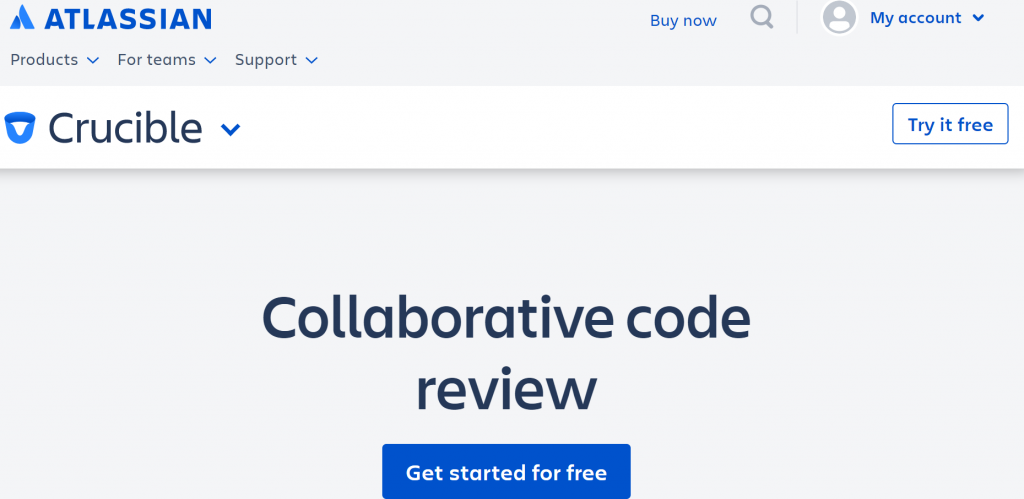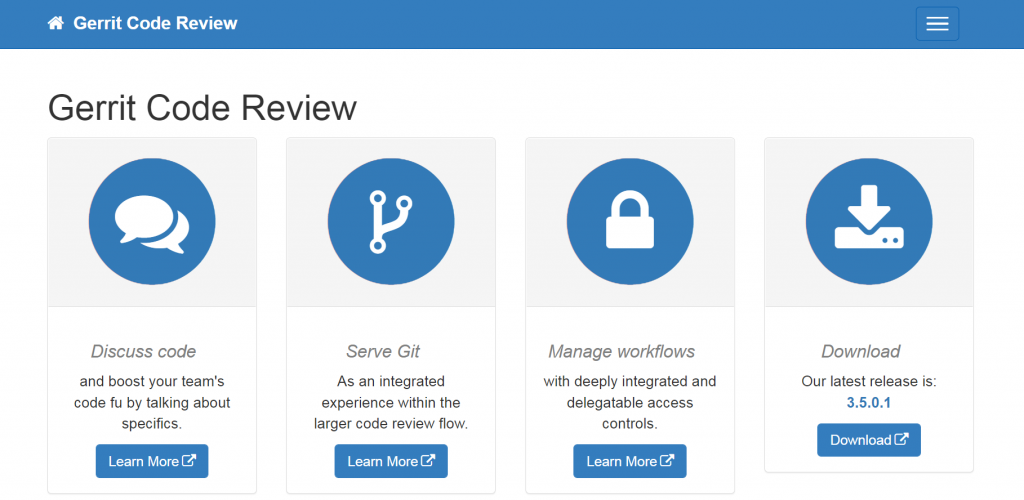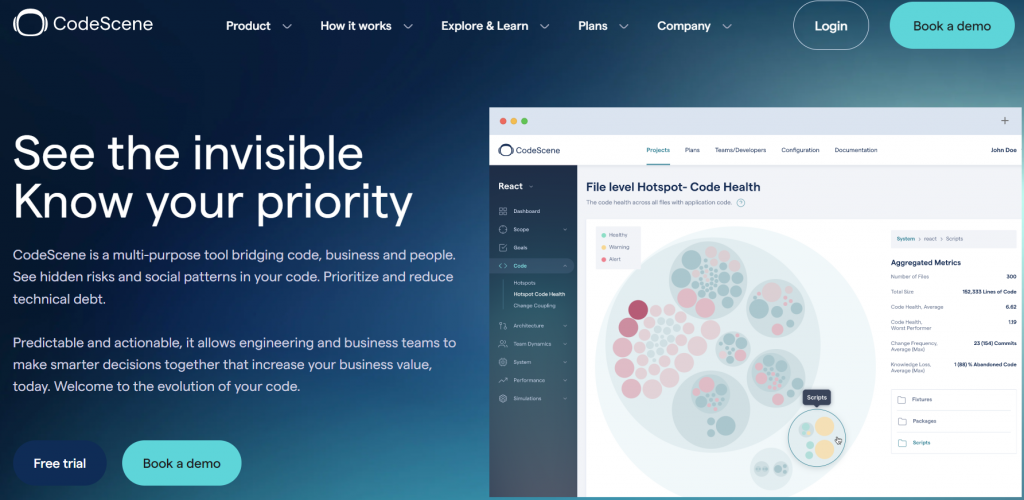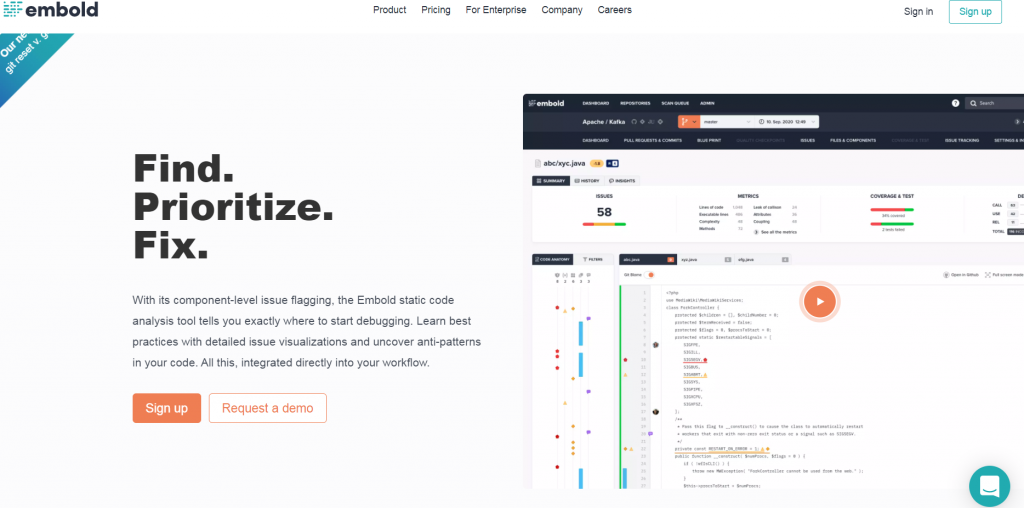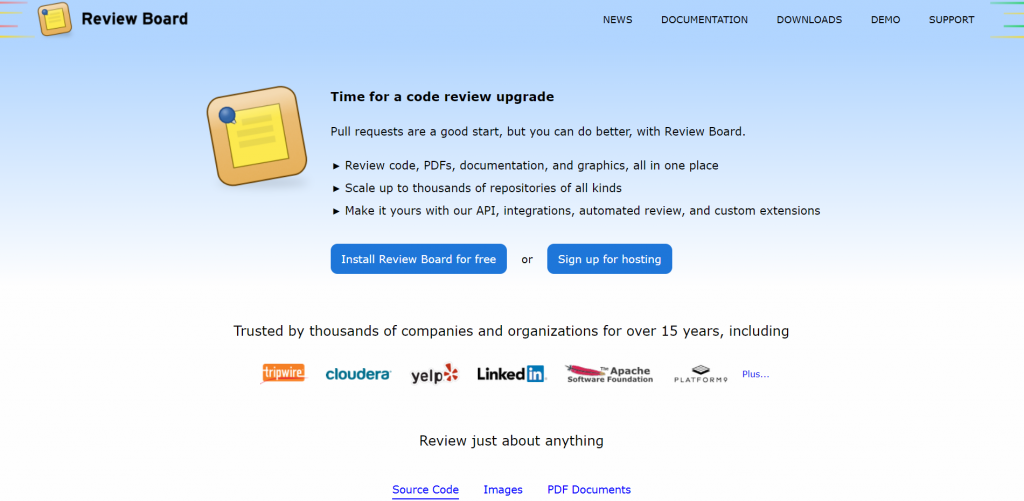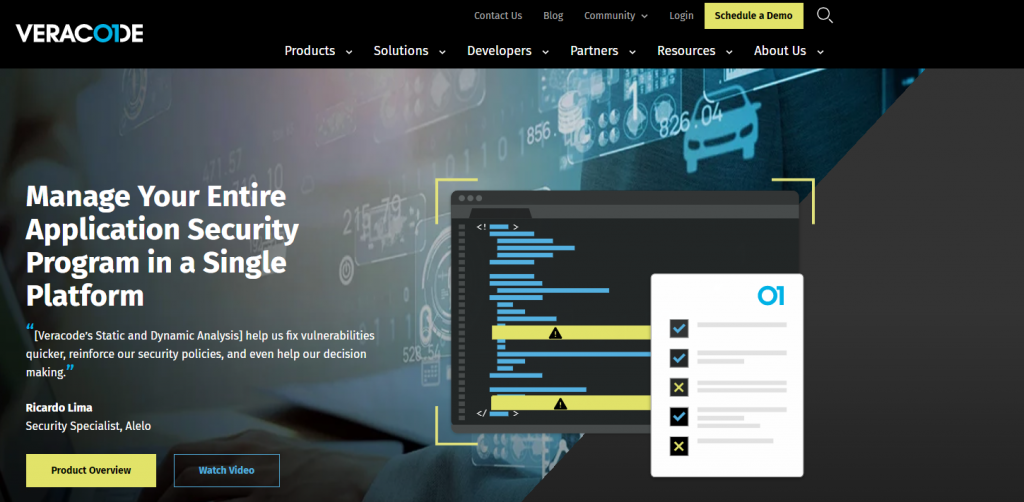Code review is used in the early stages of your code development, and it is, simply explained, the process of testing the source code. It improves the quality of your code and ensures that every bug is spotted and corrected as the coding process goes on.
This testing can be done in four ways: over the shoulder, email pass-around, pair programming, and Tool-Assisted. Tool-assisted review is done with automatized tools, and by using code review tools, you will save a lot of time. Reviewing with tools is more efficient and the reviewer will be concentrated on the code only.
It doesn’t matter whether it’s code for a website or a software your team is developing. But if it’s the former, you’ll be glad to know that you could create and run a website without any coding at all.
WPMU DEV’s all-in-one WordPress platform gives you everything you need to manage, update, optimize, secure, and host a site – all under one roof. You can get 20% off any of their plans as well as a test of the service first via a free trial.
Code review plays a critical role in the initial stages of code development. Essentially, it involves a thorough examination of the source code to bolster its quality. This vital step enhances the overall code and guarantees the identification and rectification of any bugs during the development phase. For expert assistance in this area, consider exploring code review services, which offer specialized scrutiny and feedback.
These are the best code review tools in our opinion:
- Crucible
- Gerrit
- CodeScene
- Embold
- Review Board
- GitHub
- Veracode
1. Crucible
Crucible is a collaborative code review tool. This tool is used by developers to spot major defects, and you can create a formal workflow-based review or a quick review of code. It is used to improve code architecture or you can discuss improvements with your team, and discuss their comments about code lines, files, or about complete changes of original code.
Crucible is a web-based code review tool and can be used in pre-commit and post-commit reviews.
2. Gerrit
Gerrit Code Review is a tool where you can discuss code. Its feature, Serve Git, provides an integrated experience within the larger code review flow and will manage workflows with deeply integrated and delegable access controls. With the Discuss code feature, Gerrit can read old and new versions of code files.
Differences in those files will have syntax highlighted and will be colored. You will be able to discuss specific sections of code with other developers to make the right changes. Since it is a free web-based tool for code review, software developers can use it on their web browser and accept or reject the offered changes.
3. CodeScene
CodeScene integrates with GitHub, BitBucket, GitLab, or by using the official Jenkins plugin. CodeScene is acting as an extra team member that predicts delivery risks and provides context-aware quality gates when you integrate it into your delivery pipeline.
Essential features of this code review tool are:
- Automatic code review comments
- Quality gates for CI/CD
- Planning improvements that are goal-oriented
- Monitors code health
- Supports 25+ languages
CodeScene can work with any Git hosting, and it is available as a hosted version or on-premise.
5. Embold
Embold analyzes your code across four dimensions, such as code issues, design issues, duplication, and metrics. It points to issues related to security, stability, and strength. With security checks, all critical vulnerabilities will be found, as it detects up to 30 types of anti-patterns. It will also help you create bug-free code with a huge range of both common and unique rules, etc.
Embold static code analysis platform will provide you with the list of components, and the most problematic ones will be on the top of the list. Embold OS and Cloud versions are free.
6. Review Board
Review Board code review is a simple web-based and open-source tool. You can use it to perform pre-commit and post-commit code reviews. Changes in your code are presented in graphical comparisons, and if you don’t have an integrated control system version you can upload changes via a diff file to perform a review.
7. GitHub
On GitHub, your team can create a review process. Lightweight code review tools are already built-in into every pull request. You can develop projects, propose new or improved characteristics, and before changing anything in your source code, you can discuss details with your team.
Also, you can see a complete history of your pull requests by browsing through comments and references made. On its interface, new changes are always highlighted. You will also see how your file has evolved over time with its blame view.
8. Veracode
Strings of code review tools that Veracode provides will enable you to automate tests, increase the development of your code, integrate the rebuild process, and increase the overall performance of your project. These code review tools are displayed as a security solution.
Veracode has two code review tools:
- Static Analysis that will identify and fix security bugs in code
- Software Composition Analysis that manage solutions and migrations of weaknesses in code
Developers with Veracode can fix issues and reduce remediation time from 2,5 hours to only 15 minutes.
Conclusion
Using code review tools, the quality of the software you are developing will be improved from the very start. Without atomized tools, you’ll not only work longer hours but some bugs/issues may slip under the radar and go unnoticed.

